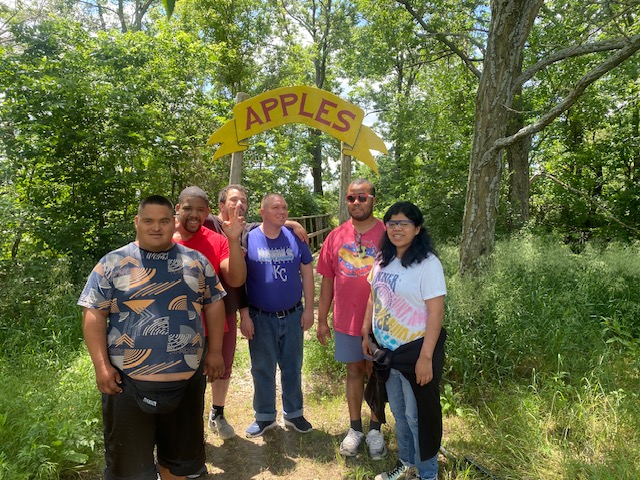How We Help
We create possibility in the lives of nearly 500 people with intellectual disabilities through a wide range of business, employment, residential, life enrichment and case management programs.
Employment Programs
At Starkey’s main building at 4500 W. Maple, the Work Activity program provides training and in-house contract work for individuals with disabilities. Staff trainers help these individuals develop and improve their skills and increase their earning potential. More than 70 local businesses contract with Starkey to complete a variety of jobs, including small parts assembly, metal recycling and bulk mailings.
The Supported Employment program provides placement, training and ongoing support services to individuals with disabilities in regular and integrated employment settings within the community. This program assists individuals in choosing, obtaining and retaining employment that meets their individual needs. Many are currently employed at local banks, restaurants, pharmacies, retail stores, auto dealerships and country clubs.
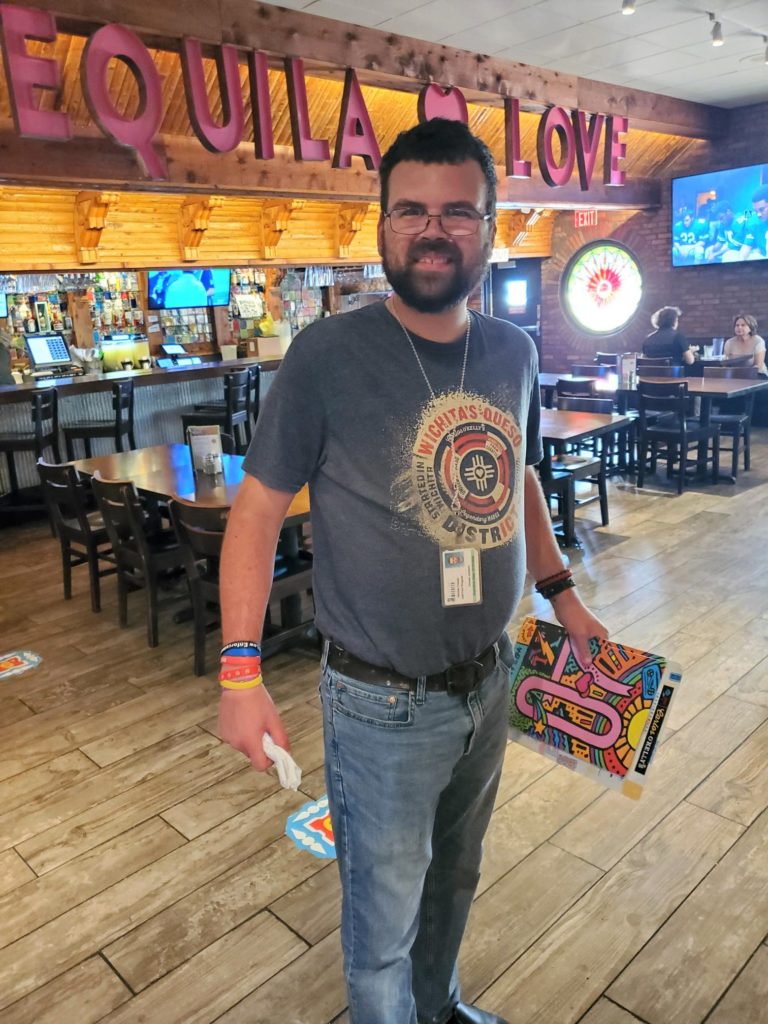
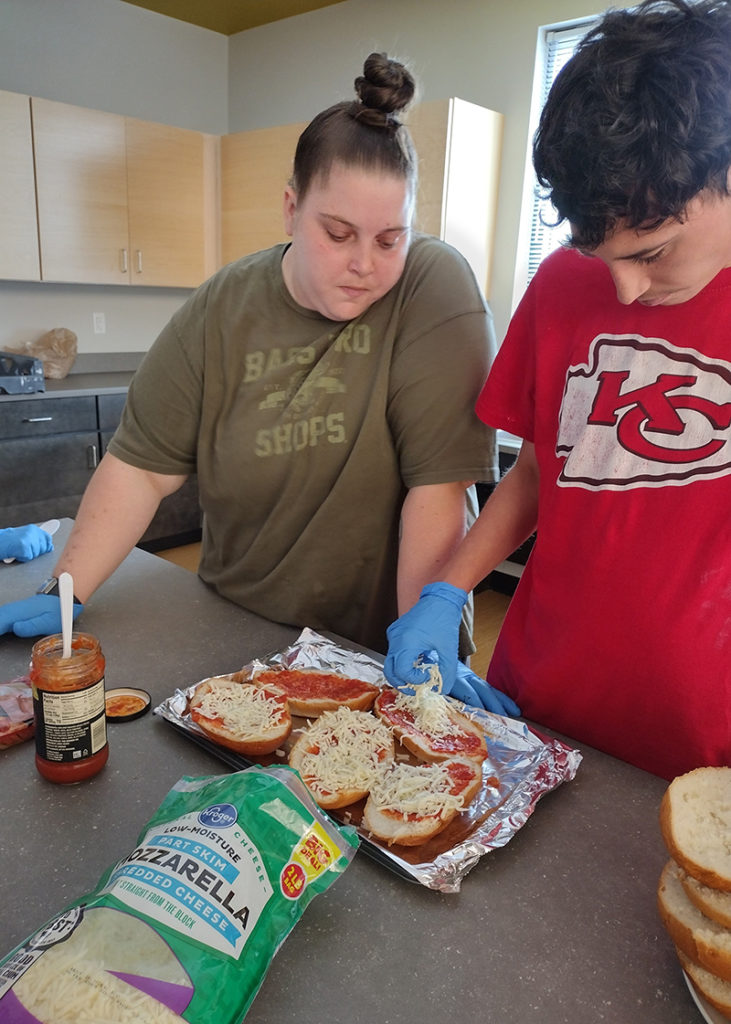
Life Enrichment
The Life Enrichment Program includes three areas: Life Skills, Leisure League and the Passport Program. Individuals can participate either part-time or full-time in all programs.
Life Skills provides opportunities for choices in both center-based and community-based activities that promote the development of interpersonal, pre-vocational and self-care skills, leisure and recreation pursuits, volunteerism, and communication and social interaction.
Leisure League provides opportunities for socialization and development of hobbies, offering outings to community attractions, as well as volunteer opportunities.
In the Passport Program, individuals learn about community resources and volunteer for local organizations. They also learn such skills as cooking, sewing and painting.
Community Living
The Supervised Living Program provides varying levels of staff support and training to individuals living in one of 40 homes or apartments owned by Starkey. Supervised living settings range in size from five to eight people, with a variety of staffing ratios based on the needs of the individuals living there. Areas of support typically include assistance with daily living skills, medication administration, behavior intervention and access to community activities. The program also features the Goebel LIGHTHouse Project, three five-bedroom homes specifically designed for people who have intellectual disabilities and Alzheimer’s disease or another form of dementia. Support personnel in these homes have enhanced training, and the homes feature special lifts and designs to provide effective, personalized care for individuals coping with dementia.
The Supported Independent Living Program provides staff support to individuals who live alone or with a roommate. These individuals reside in homes or apartments they own or lease, and staff support provided is based on individual needs and does not include overnight support. Staff typically provide training and support in such tasks as cooking, shopping, banking, paying bills and accessing community activities.
The Semi-Independent Living Program is offered at Starkey’s Kouri Place Apartments and McComas Crossing, where individuals lease one-bedroom apartments of their own. Independent living trainers visit periodically to assist with such tasks as cooking, shopping, paying bills and accessing community resources.
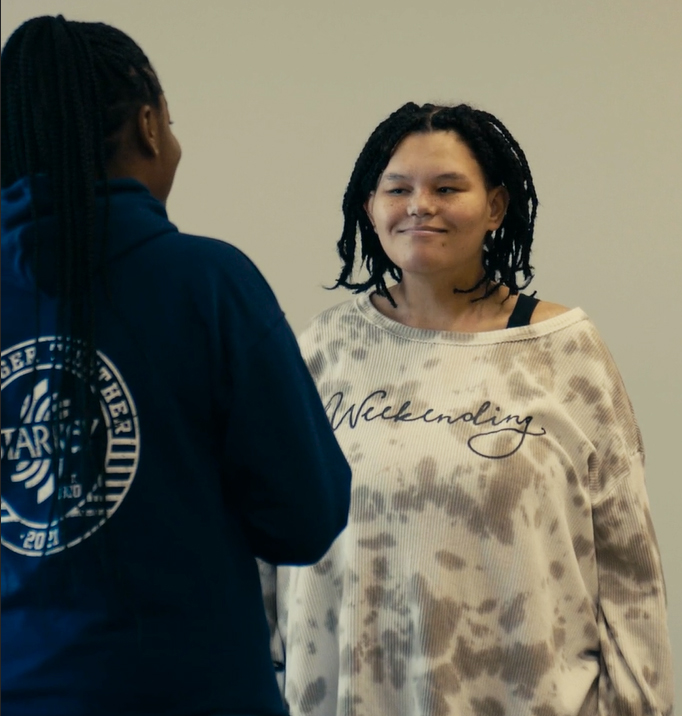
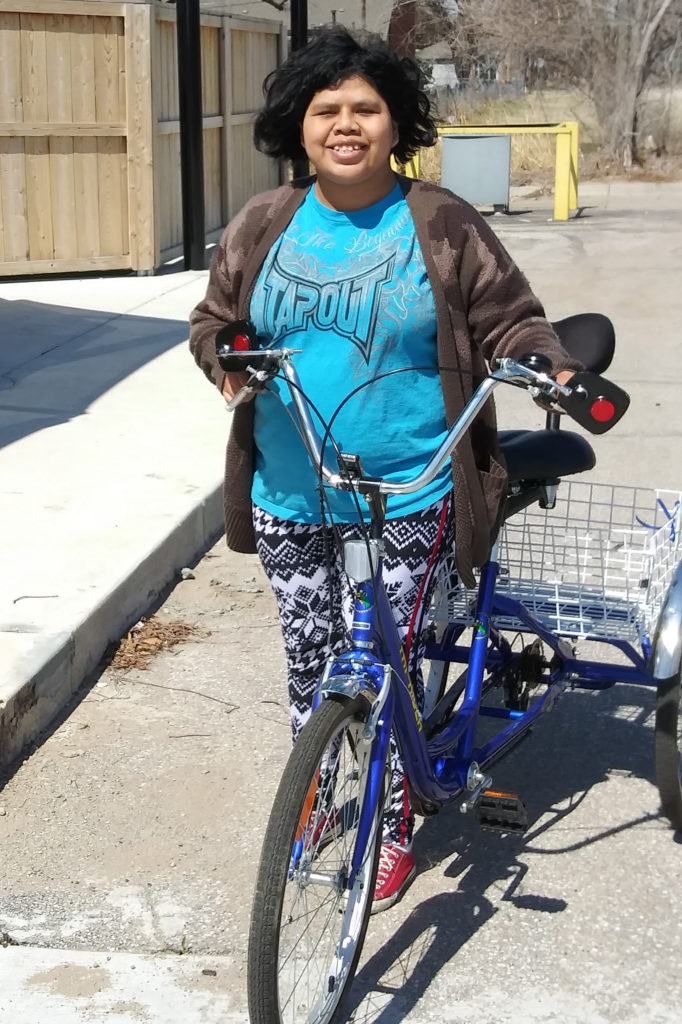
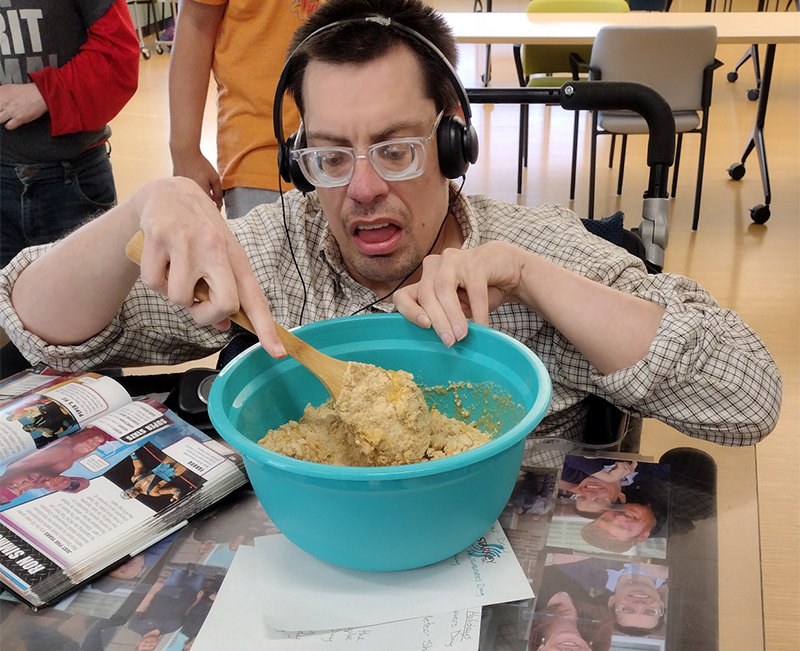
Case Management
An integral part of each person’s program is case management. The case manager is the primary advocate and acts as the contact and liaison between services and programs, parents/guardians and the community. Supports are provided by developing, linking and coordinating services, supports and resources.
Emphasis is placed on advocacy to ensure that choices, preferences, needs and rights of individuals are the primary focus of any decisions that affect their lives.
Other elements of case management include assessments, service planning, community inclusion, advocacy, discharge planning, assistance with paperwork, and accessing funding and benefits.
Transportation
Starkey’s transportation program provides daily rides for the people served in its programs. Starkey also contracts with Wichita Transit to participate in the Paratransit Service, a “safety net” for people who do not have the functional abilities to access and ride the fixed route bus system. Starkey has 100-plus vehicles in its fleet and runs daily bus routes within Sedgwick County.
If you do not receive services at Starkey but desire to find out more about Paratransit Services, call (316) 265-7221.
Statement of Non-Discrimination
Title VI Discrimination Complaint Procedures
Title VI Discrimination Complaint Form
Gateway
The Gateway Program provides specialized staff support for people with an intellectual disability who have behavioral health needs. The program provides structured opportunities for community volunteerism, pre-employment training and interpersonal skill building. Admission is limited to those determined by Starkey to require the level of support the Gateway Program provides.
